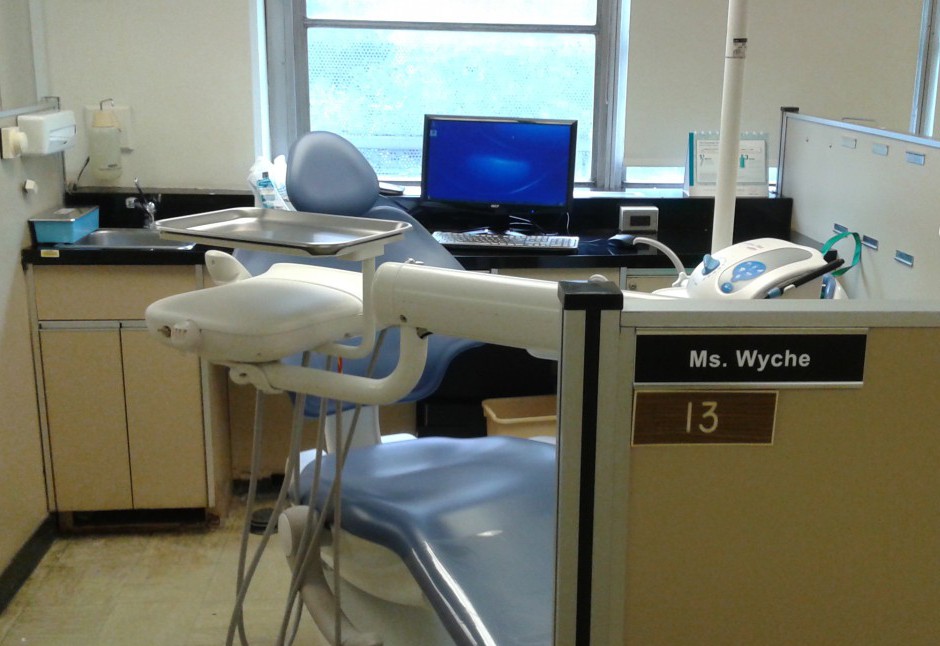Shaquantia Wyche DEN 2315-Pharmocology December 14, 2015
Ginkgo Biloba
- Product Name- Ginkgo Biloba, Ginkgo, Japanese Silver Apricot, Kew Tree, Maidenhair Tree, Ginkgo Biloba Leaf, Ginkgo Extract, Ginkgo Folium, Ginkgo Leaf Extract, Ginkgo Seed, Bai Guo Ye, Baiguo, Pei Go Su Ye, Yen Xing, and Yinhsing.
- Pharmaocologic classification; FDA classification- has not been approved by the Food and Drug Administration (FDA) as safe and effective for any medical condition.
- Product available forms- powders, teas, seeds, leaves, tablets, capsules and extracts.
- Product Labeled Use- Not FDA approved but widely sold as an herbal and dietary supplement to help with managing dementia, anxiety, schizophrenia, and cerebral insufficiency. Mental sharpness, leg pain, and pms,
- Product off-label use- The following uses are not FDA approved: seeds have been used as a source of traditional Chinese medicine for many thousand years for cough, asthma, enuresis (involuntary urination), alcohol misuse, pyogenic skin infections, and intestinal tract worm infections.
- Product image- SEE ABOVE
- Product Source- Ginkgo Biloba trees are native the China
- Manufacturing and distribution process- The FDA follows up on certain claims for products that are marketed to cure, mitigate, treat, or prevent disease. FDA approves a new “drug” on the basis of scientific data submitted by a drug sponsor to demonstrate that the drug is safe and effective. Since ginkgo biloba is sold as a herbal/ dietary supplement, the marketing lines are sometimes blurred. Often on bottles/packaging there are labels that say the product’s claim are not supported by or FDA approved.
National Center for Complementary and Integrative Health (NCCIH) completed clinical trials in 2009 for ginkgo bilobas association with dementia
- Product Image- SEE LAST PAGE
- Adverse Effects/Drug Interactions:
Efavirenz (Sustiva) is used to treat HIV infection. Taking efavirenz (Sustiva) along with ginkgo extract might decrease the effects of efavirenz (Sustiva).
Taking ginkgo leaf extract multiple times per day might increase levels of Talinolol (beta blocker). In theory, this might increase the effects and side effects of talinolol. However, taking a single dose of ginkgo does not seem to affect talinolol levels.
Taking ginkgo along with alprazolam (xanax) might decrease the effects of alprazolam in some people. Ginkgo might slow blood clotting. Ibuprofen can also slow blood clotting. Taking ginkgo with ibuprofen might slow blood clotting too much and increase the chance of bruising and bleeding.
Ginkgo might decrease a brain chemical called serotonin. Some medications for depression increase serotonin. Taking ginkgo along with these medications for depression might decrease their effectiveness.
- Comparison of a prescription medication that treats a similar condition: The U.S. Food and Drug Administration (FDA) has approved two types of medications — cholinesterase inhibitors (Aricept, Exelon, Razadyne) and memantine (Namenda) — to treat the cognitive symptoms (memory loss, confusion, and problems with thinking and reasoning) of Alzheimer’s disease. Second-generation cholinesterase inhibitors (donepezil, rivastigmine, metrifonate) and Ginkgo special extract EGb 761 should be considered equally effective in the treatment of mild to moderate Alzheimer’s dementia.
- Oral manifestations: No oral manifestations found in association with ginkgo biloba
- Impact on the Dental Hygienist: When taking medical history of any patient it is imperative to find out if a patient is taking ginkgo biloba in conjunction with other prescription medicine. Since there are adverse reactions to certain ginkgo biloba-prescription medicine combinations it is important to have this information on file.
- Why a consumer might be attracted to the use of the product and whether or not a consumer can regulate the use of the product on their own- Consumers may be attracted to this product because it has been used for centuries as a natural remedy/herbal supplement. This product is widely found in pharmacies, grocery stores, and online. Consumers use the product as recommended by the labels
References
- http://www.fda.gov/downloads/aboutfda/centersoffices/officeofglobalregulatoryoperationsandpolicy/ora/oraelectronicreadingroom/ucm070645.pdf
- Haixia Lin, Xiaoqing Guo, Suhui Zhang, Stacey L. Dial, Lei Guo, Mugimane G. Manjanatha, Martha M. Moore, and Nan Mei. Mechanistic Evaluation of Ginkgo biloba Leaf Extract-Induced Genotoxicity in L5178Y Cells. Sci. (June 2014) 139 (2): 338-349.
- Ozgoli G, Selselei EA, Mojab F, Majd HA. A randomized, placebo-controlled trial of Ginkgo biloba L. in treatment of premenstrual syndrome. J Altern Complement Med. 2009 Aug;15(8):845-51
- Sealey, B.Sc. Surviving Unipolar Depression – The Effectiveness of Ginkgo Biloba. The Journal of Orthomolecular Medicine Vol. 11, 3rd Quarter 1996
- Stefan Weinmann, Stephanie Roll, Christoph Schwarzbach, Christoph Vauth, Stefan N Willich. Effects of Ginkgo biloba in dementia: systematic review and meta-analysis. BMC Geriatr. 2010; 10: 14. Published online 2010 March 17.
- Ginkgo Biloba Prevention Trial in Older Individuals. https://www.clinicaltrials.gov/ct2/show/study/NCT00010803?sect=X70156
- http://www.alz.org/alzheimers_disease_standard_prescriptions.asp
- Wettstein A. Cholinesterase inhibitors and Gingko extracts–are they comparable in the treatment of dementia? Comparison of published placebo-controlled efficacy studies of at least six months’ duration. Phytomedicine. 2000 Jan;6(6):393-401.



